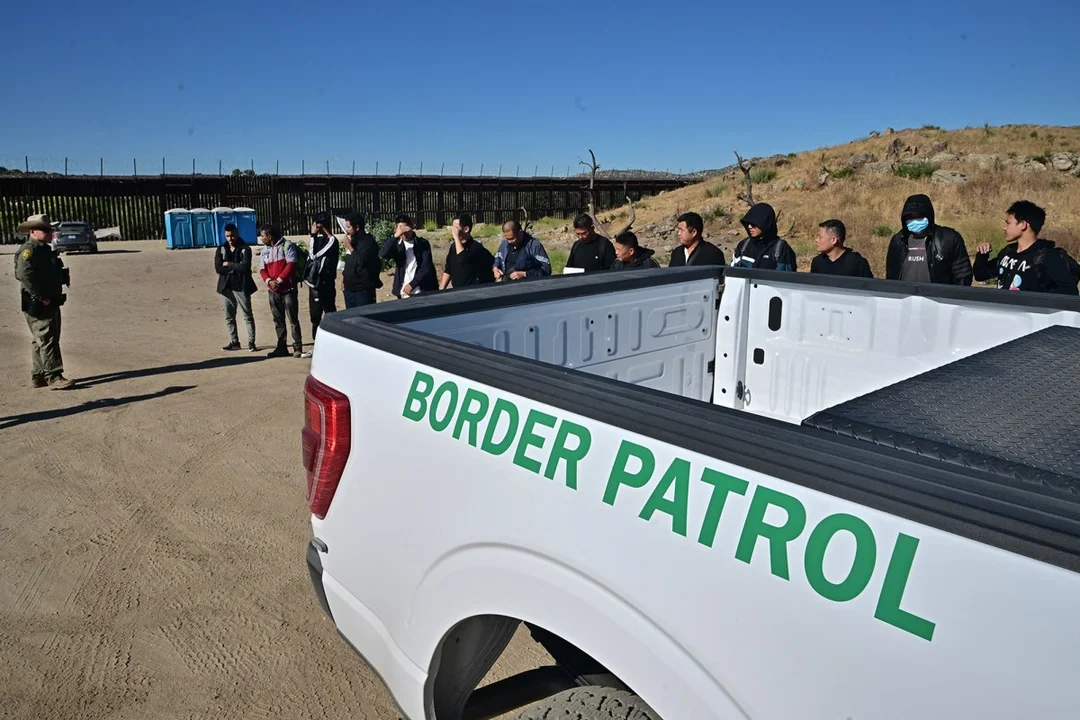
When Justice Intervenes: Are Border Patrol Tactics Crossing the Line?
In a bold move that highlights ongoing tensions between immigration enforcement and constitutional rights, a federal judge in California has temporarily blocked certain Border Patrol practices, raising critical questions about fairness and legality in U.S. law enforcement.
The controversy stems from recent operations in California's Central Valley, where agents conducted sweeps targeting suspected undocumented individuals. These actions, part of initiatives like 'Operation Return to Sender,' have come under fire for allegedly violating the Fourth Amendment by stopping and arresting people based on appearance rather than solid evidence. Lawyers for those affected argue that such tactics disproportionately impact immigrant communities, particularly farmworkers and day laborers, potentially amounting to racial profiling.

U.S. District Judge Jennifer L. Thurston issued a preliminary injunction on Tuesday, prohibiting Border Patrol agents from stopping individuals without reasonable suspicion of illegal presence or making warrantless arrests unless the person is likely to flee. This decision followed a lawsuit filed by the American Civil Liberties Union (ACLU) on behalf of the United Farm Workers and affected residents. Testimonies revealed disturbing accounts, including agents slashing tires, using physical force, and making derogatory remarks like calling farmworkers 'Mexican bitches.' Elizabeth Strater, a vice president of United Farm Workers, emphasized, 'You cannot stop people based on how they look. This ruling upholds the basic standards of law in the country.'
Analysis of the operation's data shows that of the 78 people arrested in Kern County, 77 had no known criminal or immigration history prior to their detention, underscoring the potential for abuse in these sweeps. Critics, including California Attorney General Rob Bonta, have pointed out that these practices contradict established legal precedents, reflecting a broader pushback against aggressive deportation strategies under past administrations. While Border Patrol officials, such as Chief Patrol Agent Gregory K. Bovino, defended the operation as a 'success' targeting criminals, evidence suggests otherwise, with advocates arguing it terrorized innocent communities.
This ruling is not isolated; similar concerns have arisen from other incidents, like a raid in Pomona where agents detained individuals without clear justification. The injunction requires Border Patrol to document stops and provide reports, adding accountability to their actions. As the case proceeds, with a scheduling conference planned for early June, it serves as a reminder of the delicate balance between national security and individual rights in immigration policy.
In essence, this decision underscores the need for law enforcement to adhere to constitutional safeguards, preventing potential miscarriages of justice. What does this mean for future immigration enforcement? It's a question that invites further debate. We encourage readers to share their thoughts: Do these tactics protect borders or infringe on civil liberties? Leave a comment below and help us explore this critical issue.